DOE Isotope Program Highlights
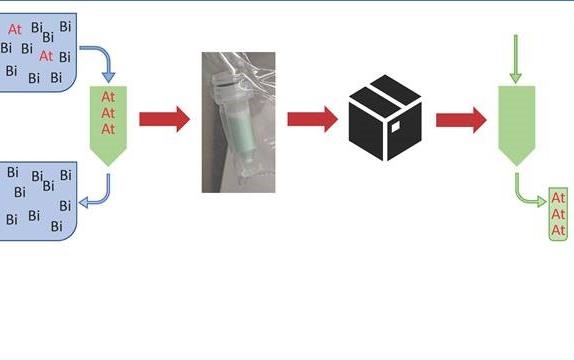
Cancer Countermeasures on a Column
University researchers produce a novel method of shipping the promising medical isotope astatine-211
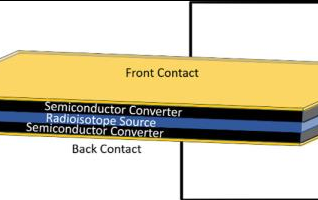
New Approach to Radioisotope Power Sources for Improved Efficiency, Long Life
NextGen power sources may satisfy the need for long-term, compact power for use in remote or extreme environments.
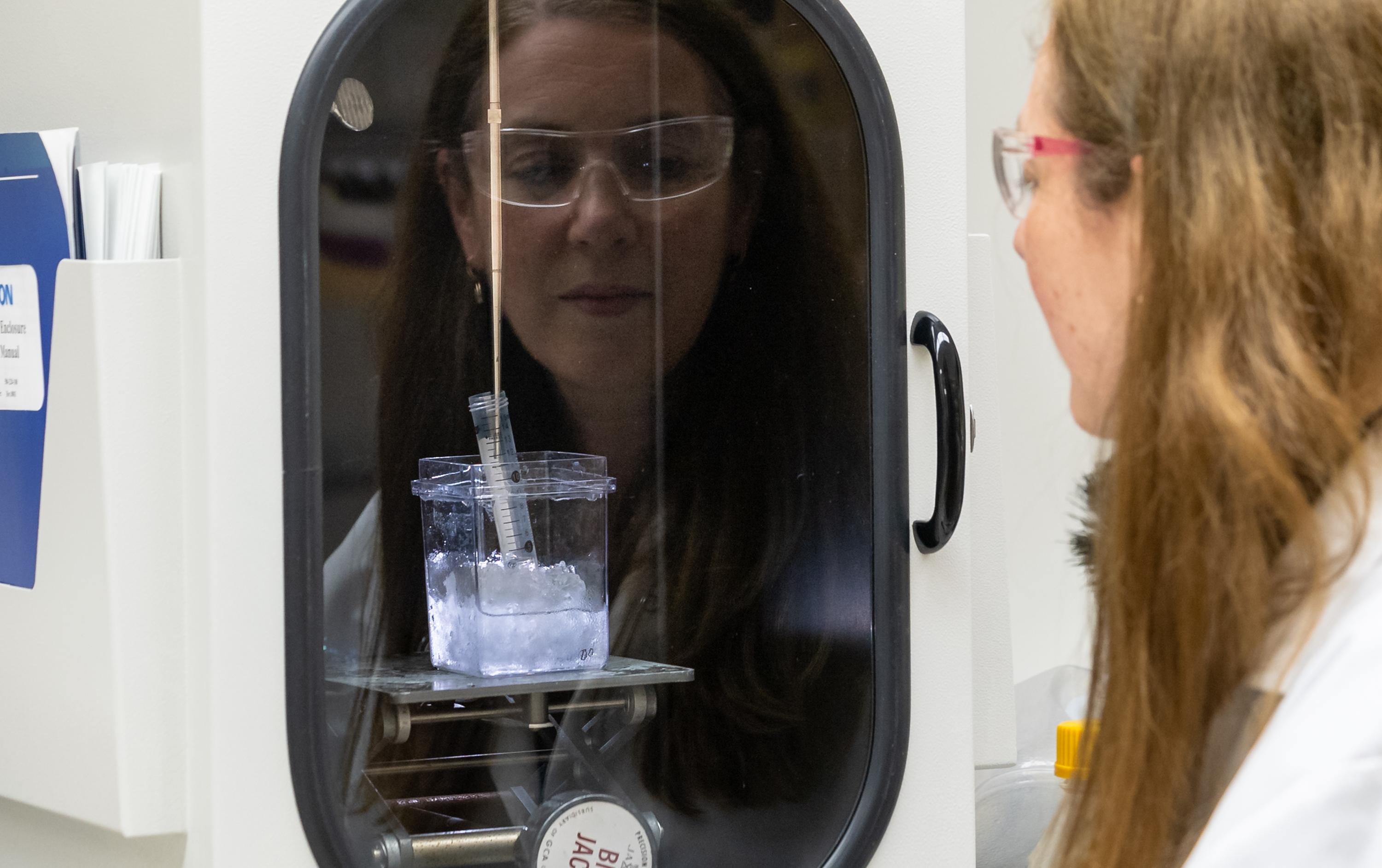
Enclosing Radiation-Loaded Particles to Better Seek and Destroy Cancer
Promising study details how radioactive agents could be sent directly to cancer cells.
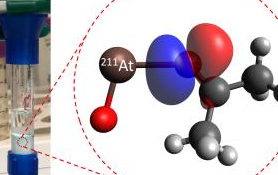
New Elegant Method for Rapid Recovery of Anti-Cancer Agent At-211
A high-speed, high-yield recovery approach for At-211 means improved availability of this cancer-treating isotope.
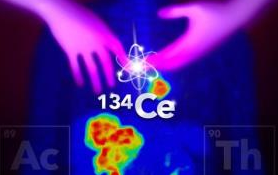
New Imaging Isotope Meets Promising Therapy Isotopes
New production methods for Ce-134 advance technologies for imaging human disease and guiding treatment.
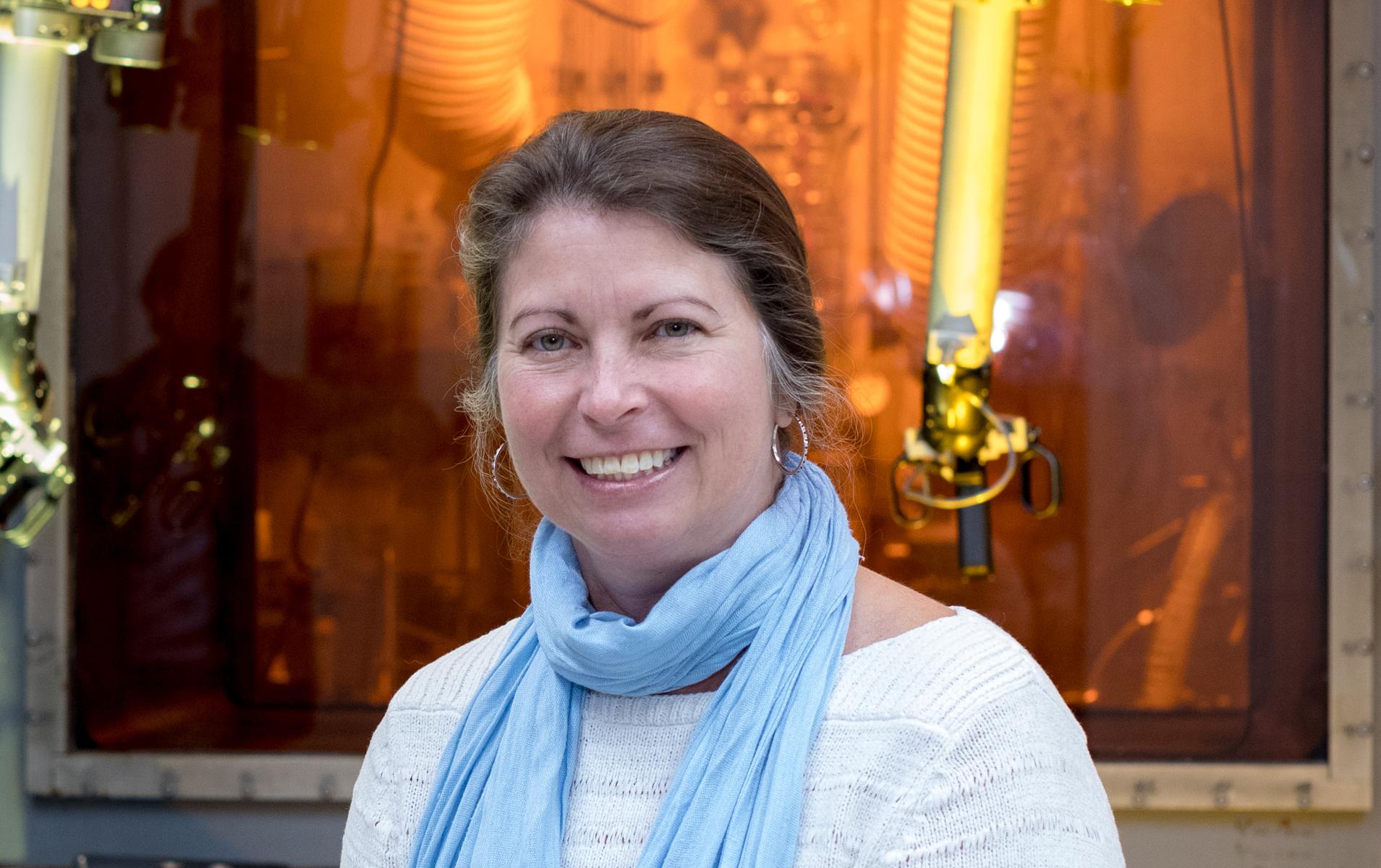
Ezold elected to the ANS Board of Directors
Julie Ezold, section head at ORNL, has been elected to a three-year term on the American Nuclear Society’s Board of Directors.
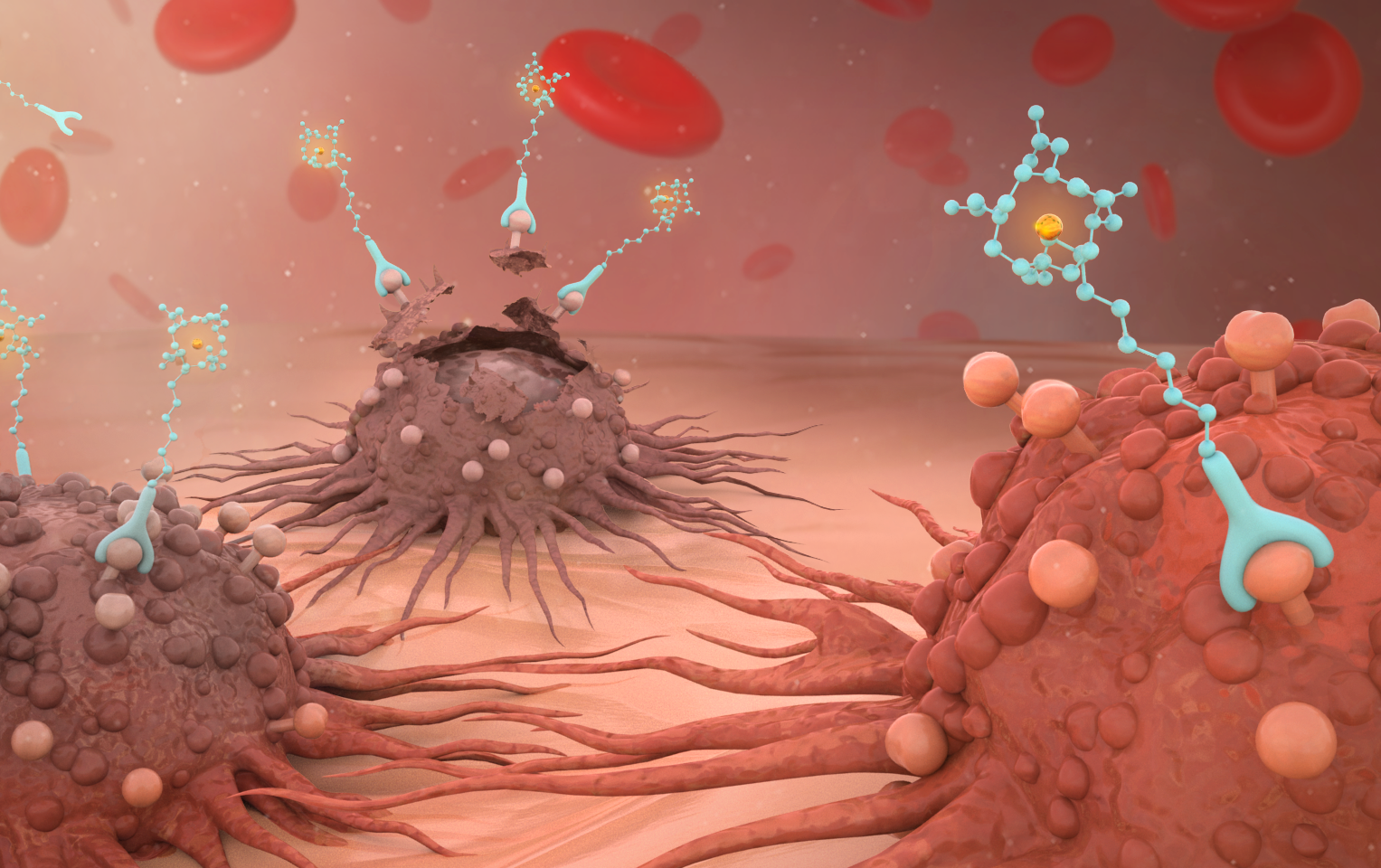
Increasing the Arsenal of Radioisotopes in the Fight Against Cancer
A new supply of a critical radioisotope advances personalized medicine.
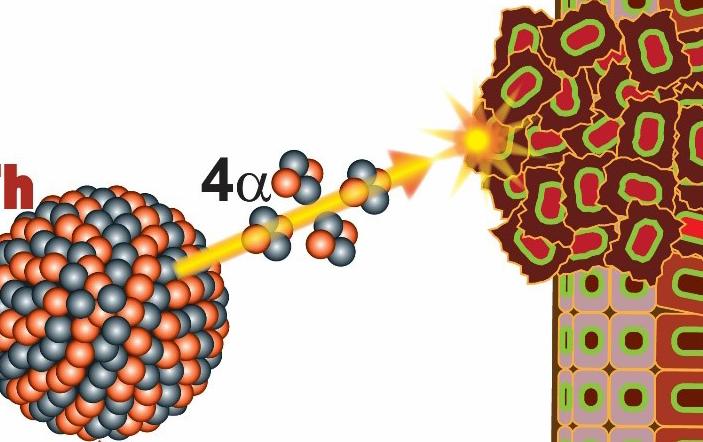
Harnessing the Power of Uranium to Treat Disease
New system makes it easier to produce isotopes for radiopharmaceutical therapy.
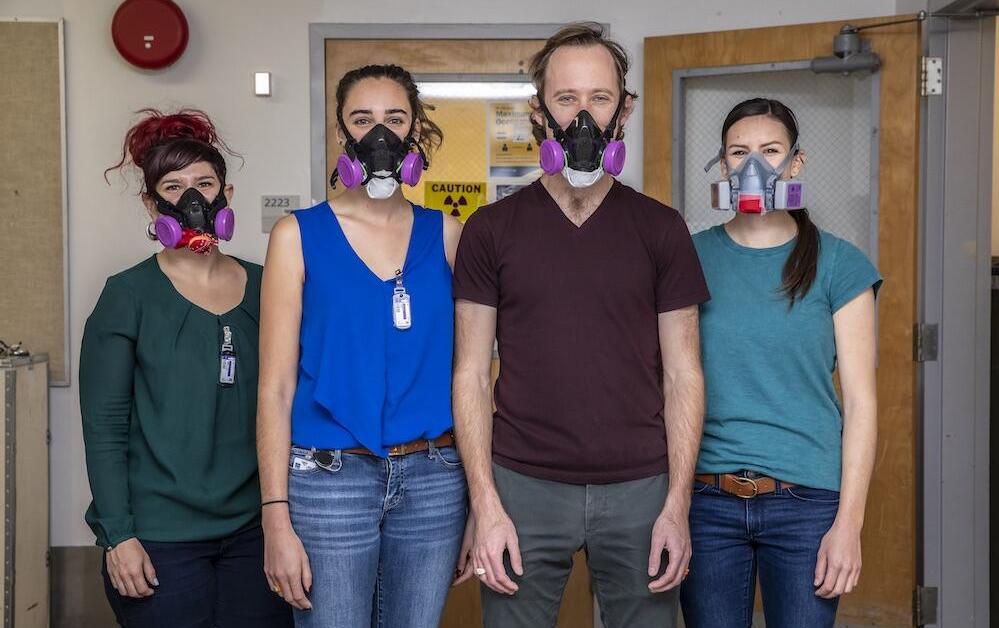
Discoveries at the Edge of the Periodic Table: First Ever Measurements of Einsteinium
With less than 250 nanograms of the element, the team measured the first-ever einsteinium bond distance, a basic property of an element’s interactions with other atoms and molecules.
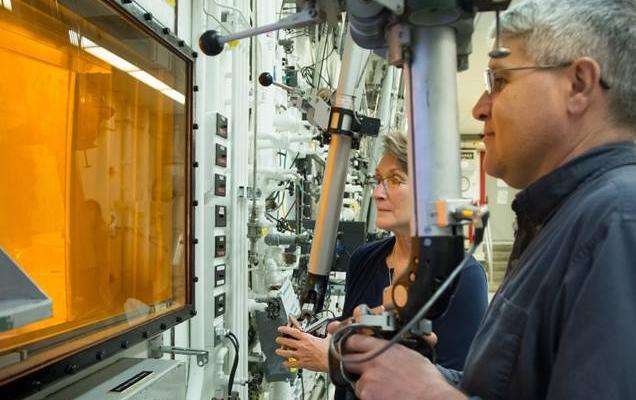
Never Quit - The DOE National Laboratories Fight Against Cancer
World Cancer Day is 2/4, a time to reckon with the disease that currently impacts more than a 1M Americans per year.




